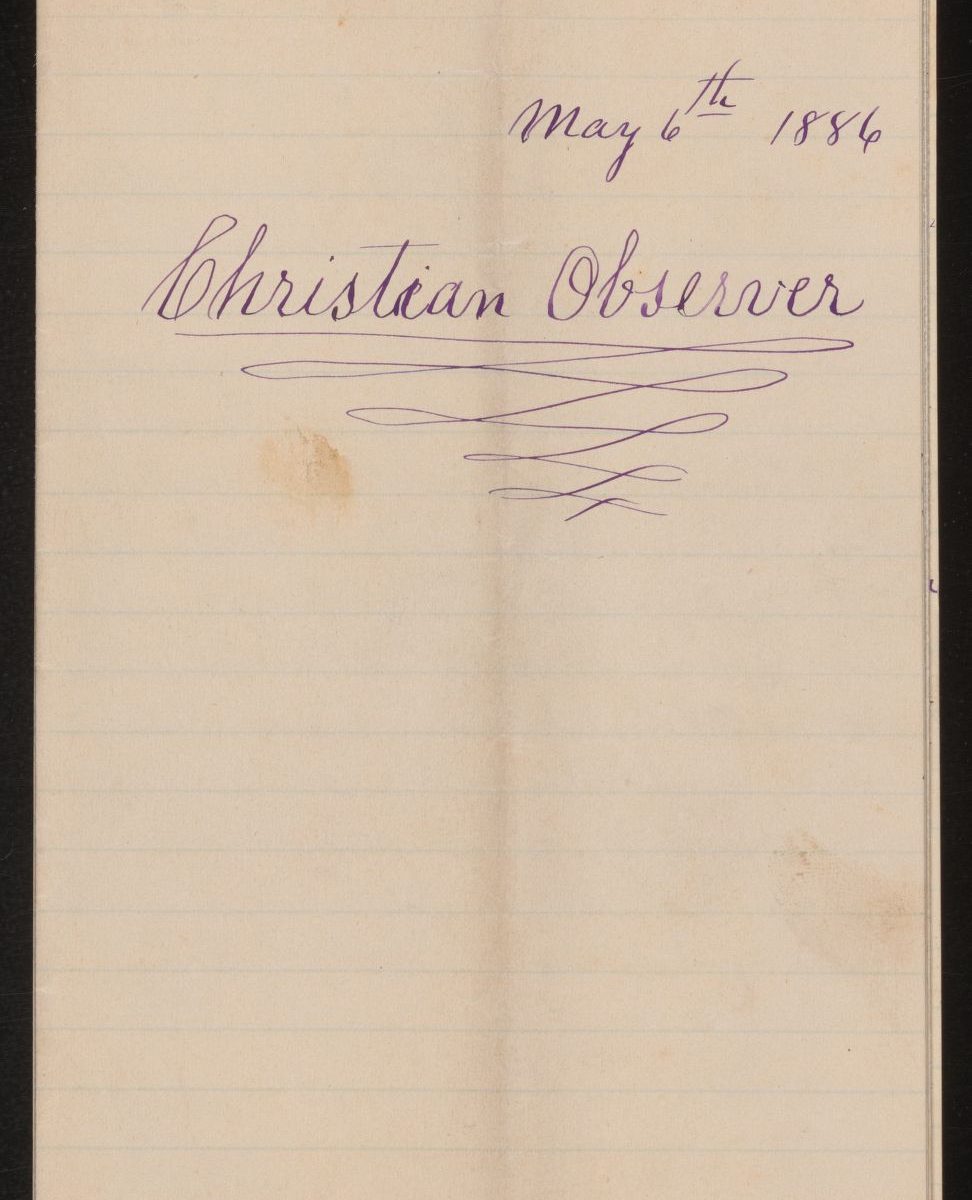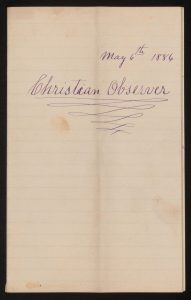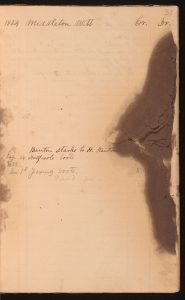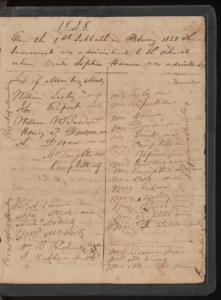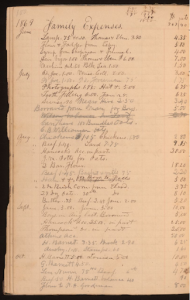Selected by statewide cultural heritage stakeholders and funded by the DLG’s competitive digitization grant program, this collection is the Augusta Jewish Museum’s first collaboration with the DLG and is available here:
Augusta Jewish Museum Collection
The collection contains historical materials dating from 1850 to 2022 that come from a diverse group of Jewish creators, including youth, women, clergy, fraternities, and congregations that offer unique insights into the greater Augusta, Georgia region’s Jewish life, philanthropy, foodways, and experiences.
Rabbi David Sirull of the Adas Yeshurun Synagogue in Augusta emphasizes the importance of making this work accessible freely online.
“It is important that we remember our place in history as we move to the future. The Augusta Jewish Museum allows for valuable content to be procured, preserved, and disseminated that tells the story of Jewish heritage in the Central Savannah River Area that encompasses the Augusta, Georgia area…This content is invaluable to researchers in defining the ways of Jewish life in the Southeast.”
About the Augusta Jewish Museum
The Augusta Jewish Museum and its programming chronicle the life, history, and contributions of the Jewish community in the Central Savannah River Area. The museum also educates about Jewish traditions, remembering the Holocaust, and Israel–the land and its people. Their website is: https://www.augustajewishmuseum.org/.
About the Digital Library of Georgia
Based at the University of Georgia Libraries, the Digital Library of Georgia is a GALILEO initiative that collaborates with Georgia’s libraries, archives, museums, and other institutions of education and culture to provide access to key information resources on Georgia history, culture, and life. This primary mission is accomplished by developing, maintaining, and preserving digital collections and online digital library resources. DLG also serves as Georgia’s service hub for the Digital Public Library of America and as the home of the Georgia Newspaper Project, the state’s historic newspaper microfilming project. Visit the DLG at dlg.usg.edu.
Selected images from the collections:
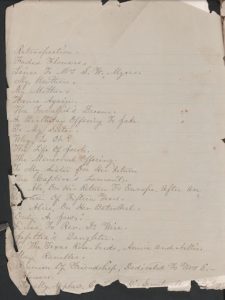
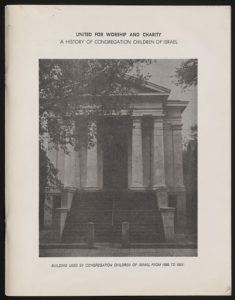
URL: https://dlg.usg.edu/record/augjm_augjmc_2022-005-004
Collection: Augusta Jewish Museum Collection
Courtesy of the Augusta Jewish Museum
Description: Staple-bound booklet about the history and community of Congregation Children of Israel, authored by Jack Steinberg
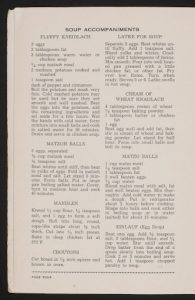
URL: https://dlg.usg.edu/record/augjm_augjmc_2021-054-001
Collection: Augusta Jewish Museum Collection
Courtesy of the Augusta Jewish Museum
Description: Synagogue Cookbook (1950s), Paper spiral bound with plastic spine, published by the Adas Yeshurun Synagogue’s (AYS) Daughters of Israel.


